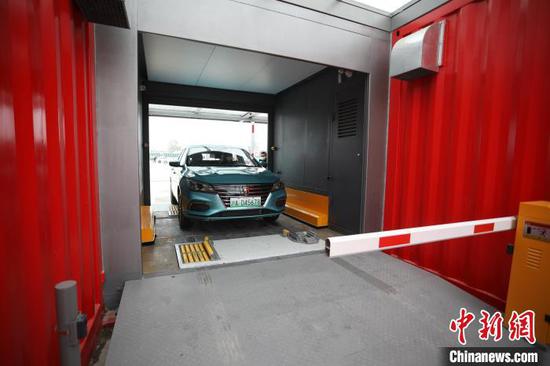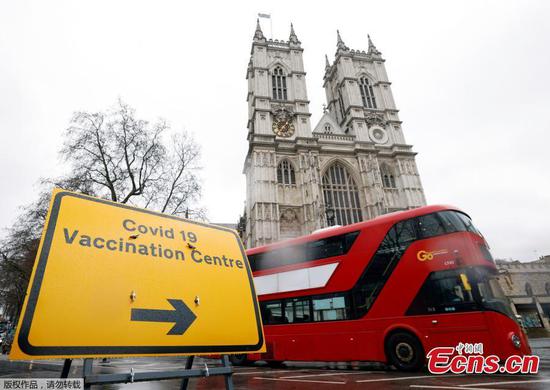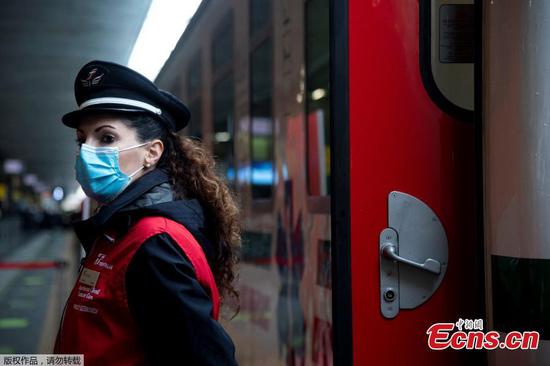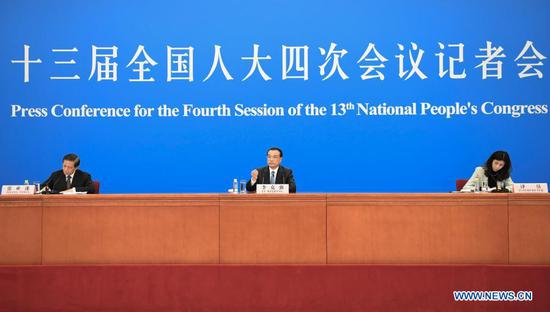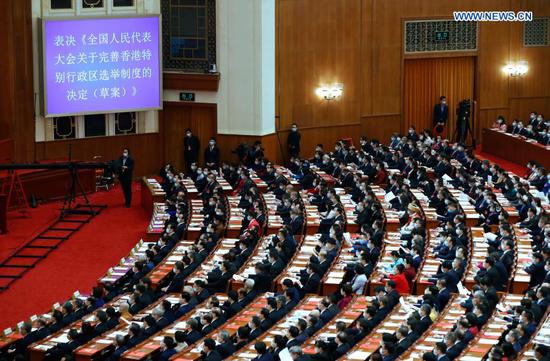Foreign institutions eye nation's financial liberalization
While talk of economic decoupling from Beijing has been floated in Washington, the notion has not resonated on Wall Street or with investors, who have been spurred by lucrative opportunities in the opening-up of China's financial markets.
Politics will likely continue to play a role in economic exchanges between the United States and China in the nascent administration of President Joe Biden, but Wall Street will be inclined to do what it does best-pursue profits.
As part of trade talks under the previous U.S. administration, officials in Washington requested that China open up its markets, which would suggest that decoupling would not apply to Wall Street banks.
Beijing offered to remove restrictions on foreign capital in the phase one trade deal signed with the U.S. in January last year.
Some of Wall Street's biggest banks have been preparing for greater access to China's financial sector. Goldman Sachs will raise the number of its staff members on the Chinese mainland this year, where by 2024, it expects to have a workforce of 600, up from the current 400, Nikkei Asia reported on Feb 27.
In December, the company applied to take full ownership of a Chinese securities joint venture, which would be the first by a foreign multinational bank.
JPMorgan Chase will expand its asset and wealth management business as well as investment banking operations in China.
"Asia will be one of the fastest-growing markets in the world," JP Morgan CEO Jamie Dimon said in an earnings call last month.
Morgan Stanley's joint venture partner, China Fortune Securities, announced that it would auction off stakes, leaving an opening for the New York bank to take full ownership. In 2019, Morgan Stanley bought a 2 percent stake from China Fortune Securities, also through an auction.
Majority or full ownership could make it easier for foreign banks to expand their operations in the multitrillion-dollar Chinese financial sector.
Zhang Monan, senior fellow at the China Center for International Economic Exchanges, wrote in a Feb 23 article on chinausfocus.com, "China's financial liberalization will create huge value-added and profit margins for foreign financial institutions."
She noted that in 2019, PayPal became the first foreign company to provide online payment services in China after acquiring a 70 percent stake in Chinese company GoPay.
In June, American Express became the first foreign credit card company to conduct domestic operations in China through a joint venture with a Chinese financial technology company, and it also was allowed to carry out network clearing operations. Visa and Mastercard applied to form a network clearing license.
S&P Global established a wholly foreign-owned company in 2019, the first foreign company licensed to run credit rating services in China's domestic bond market, Zhang wrote.
China will target GDP growth of at least 6 percent this year as it looks to shore up its economic fundamentals from the pandemic fallout.
Premier Li Keqiang made the growth announcement in the Government Work Report delivered at the opening of the fourth session of the 13th National People's Congress on March 5.
"In setting this target, we have taken into account the recovery of economic activity. A target of over 6 percent will be well aligned with the annual goals of subsequent years in the 14th Five-Year Plan (2021-25) period, and they will help sustain healthy economic growth," Li said.
The value of China's financial market is estimated at $47 trillion. Foreign financial institutions account for less than 2 percent of banking assets and less than 6 percent of the insurance market in China, Zhang wrote.


































